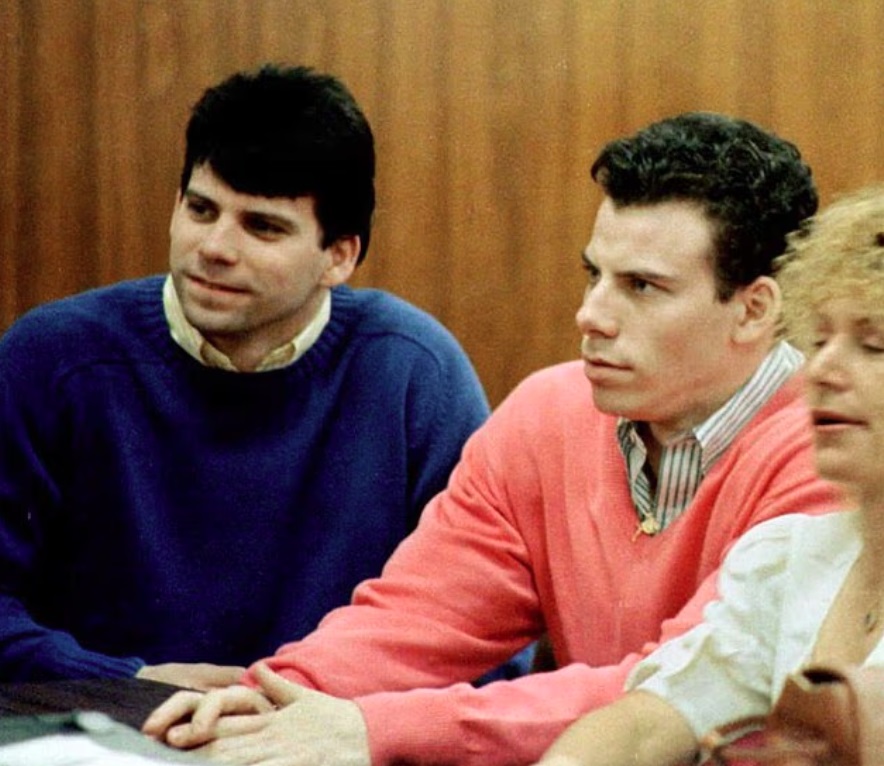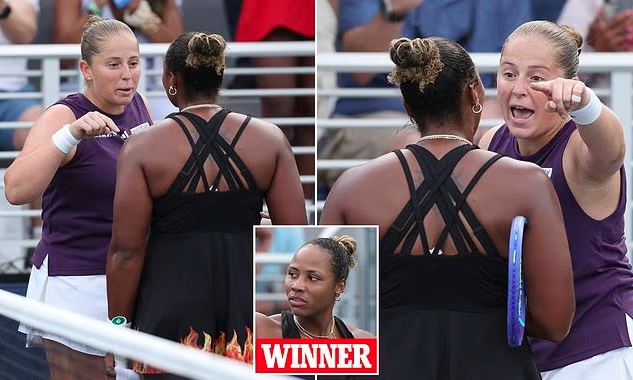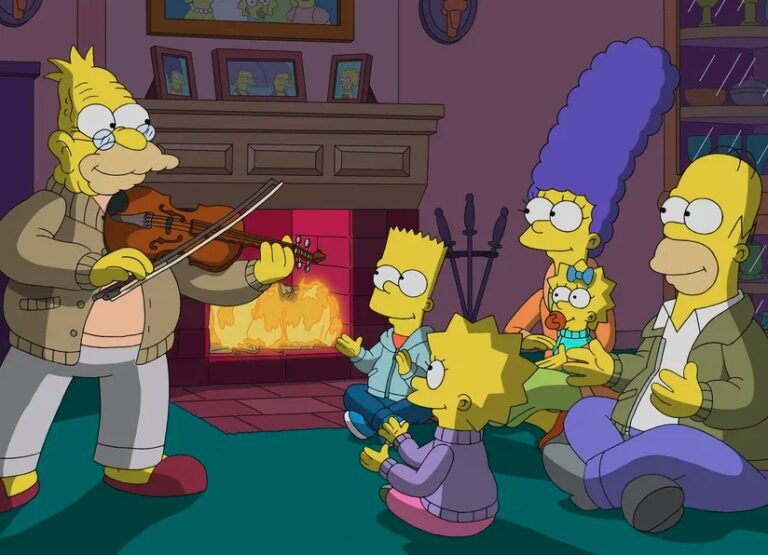Lyle Menendez Denied Parole After More Than 35 Years Behind Bars
By Fahim Feroz Sumon · August 23, 2025

Summary: California’s Board of Parole Hearings denied release for Lyle Menendez following an hours-long virtual hearing. The decision mirrors a similar ruling for his brother, Erik, keeping both incarcerated for at least three more years, with the next eligibility window in 2028.
A Parole Denial That Echoes Through Decades
Lyle Menendez, one of the two infamous brothers convicted of murdering their wealthy parents in Beverly Hills in 1989, has once again been denied parole. At 57 years old, Lyle has spent more than three decades in California prisons, most recently at the Richard J. Donovan Correctional Facility in San Diego. His parole hearing, conducted virtually, stretched for nearly 12 hours and concluded with the board ruling that he still poses a potential risk to public safety.
The decision comes just a day after his younger brother, Erik Menendez, faced the same outcome at his own parole hearing. The back-to-back rulings mean that both brothers will remain incarcerated for at least another three years, with their next official chance at parole eligibility arriving in 2028.
A Case That Shocked America
The Menendez brothers’ case is one of the most sensationalized criminal trials in modern American history. In August 1989, the pair used shotguns to kill their parents, José and Kitty Menendez, inside the family’s mansion. Prosecutors argued that greed and the lure of their parents’ multimillion-dollar estate were the real motives.
The brothers, however, painted a different picture. They claimed that years of psychological, physical, and even sexual abuse pushed them into a state of fear and desperation. Their testimony divided public opinion, with some believing their accounts while others saw them as manipulative and privileged killers. After two mistrials, they were convicted of first-degree murder in 1996 and sentenced to life without the possibility of parole.
New Legal Avenues and Youthful Offender Law
That “no parole” sentence shifted in May 2025 due to California’s youthful offender law, which allows parole consideration for inmates who were under the age of 26 at the time of their crimes. Lyle was 21 and Erik was 18 when the murders occurred. Under the resentencing, both men received terms of 50 years to life, opening the door to parole eligibility after serving half their sentences. The law has become a lifeline for the brothers, but parole boards remain skeptical. For many commissioners, it is not just the original crime that matters, but also the inmates’ conduct behind bars.
The Hearing: Praise and Criticism
During Lyle’s recent hearing, parole commissioner Julie Garland acknowledged that he has lived a largely nonviolent prison life, even describing him as “a model inmate in some respects.” He has participated in educational programs, mentored younger prisoners, and expressed remorse, telling the board he was “profoundly sorry” for his actions.
Yet Garland highlighted troubling issues that weighed heavily on the board’s decision. Lyle had been caught multiple times with contraband cellphones, a violation seen as evidence of ongoing disregard for rules. The commissioner noted that people who continually bend rules in prison are more likely to break them again if released. She further criticized him for minimizing his culpability and lacking full insight into the destructive nature of his actions. The denial meant that no matter how “model” his behavior appeared in parts, his record still raised doubts about his readiness for release.
Erik’s Parallel Denial
Only one day before Lyle’s hearing, Erik Menendez, now 54, was also denied parole. His case involved similar reasoning: a mixture of rehabilitation and misconduct. Commissioner Robert Barton pointed to Erik’s involvement in scams, drug possession, and cellphone violations, as well as an incident of prison violence. Both denials illustrate that while the Menendez brothers may be eligible for parole under law, their prison histories weigh heavily against them.
Emotional Testimonies and Family Response
The hearings weren’t only about prison files and legal arguments. The brothers’ supporters, including family members, spoke passionately on their behalf. They described Lyle and Erik as men who have transformed since their reckless youth and argued that decades of incarceration should be enough punishment. Still, the parole board’s decision left supporters disappointed. In a statement, family members said the outcome was “disheartening but not hopeless,” pledging to continue their legal fight and to seek administrative reviews or possibly even clemency from California Governor Gavin Newsom.
Possible Next Steps
Although parole is now off the table for three years, there are still paths forward for the brothers: administrative reviews, habeas corpus petitions that argue new evidence of abuse should reopen the case, and—though rare and politically sensitive—gubernatorial clemency. Each route carries uncertainty, and none guarantees a quicker return to freedom.
Broader Significance
The Menendez brothers’ story is not only about two young men who killed their parents; it has become a lens through which Americans examine family dysfunction, trauma, privilege, and justice. The case has resurfaced in cultural conversations time and again—through documentaries, podcasts, and dramatizations that revived public interest. The parole hearings highlight ongoing debates: Should decades of imprisonment erase crimes of youth? Should accounts of abuse weigh against the brutal facts of murder? And how much should rehabilitation matter when parole boards balance risk against public safety?
Final Word
For now, both Lyle and Erik Menendez remain behind bars, their future uncertain. Their parole denial underscores the tension between remorse, rehabilitation, and accountability. With their next official hearings set for 2028, the brothers and their supporters face another long wait, while the public continues to watch a story that has fascinated and divided America for more than three decades.







